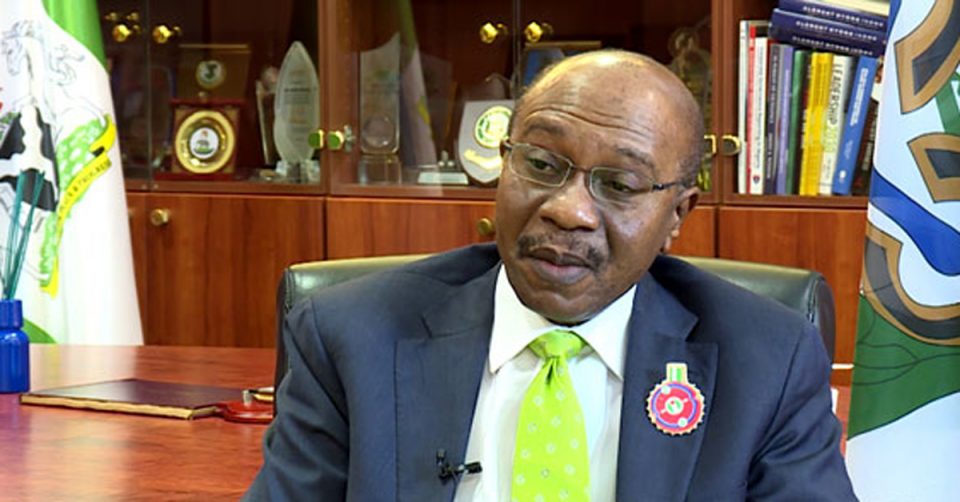The Central Bank of Nigeria (CBN) says Nigeria’s foreign exchange reserves rose from $34.94 billion in November 2020 to $36.23 billion as at January 21, 2021.
The figures were provided on Tuesday by Godwin Emefiele, the CBN Governor, at a press conference at the end of the January monetary policy committee meeting.
“The MPC noted that the increase in the level of external reserves, stood at $36.23 billion as at January 21, 2021, compared to $34.94 billion at the end of November 2020,” he said.
“This reflected improvements in crude oil prices, partial global economic recovery amid optimism over the discovery and distributions of COVID-19 vaccines by most developed economies.”
According to Emefiele, the Nigerian economy and the global economy had continued to show prospects for recovery from the effects of COVID-19.
“The medium-term outlook for both the domestic and global economies continued to show improved prospects of recovery. “This is supported by the recent moderate uptick in crude prices and increased optimism over the procurement and distribution of COVID-19 vaccines.
“Available data and forecasts for key macroeconomic variables for the Nigerian economy suggest further improvement in output growth in the first quarter of 2021.
“This would be supported by the coordinated and sustained interventions of the monetary and fiscal authorities, including the broad-based stimulus and liquidity injections.” The CBN governor urged the federal government to take more urgent steps to tackle the challenge of insecurity, explaining that “the current uptick in inflationary pressure could not be solely associated with monetary factors”.
“They are due mainly to legacy structural factors, including major supply bottlenecks across the country.
“The committee thus called on the government to redouble efforts at strengthening infrastructural efficiency and address the emerging security challenges in the country.
“In addition to this, the committee called on the government to explore the option of effective partnership with the private sector to improve funding sources necessary to address the huge infrastructural financing deficit.”
Data provided by the National Bureau of Statistics for December 2020 showed that food inflation rose to 19.56 percent, recording the highest jump since 2016.




